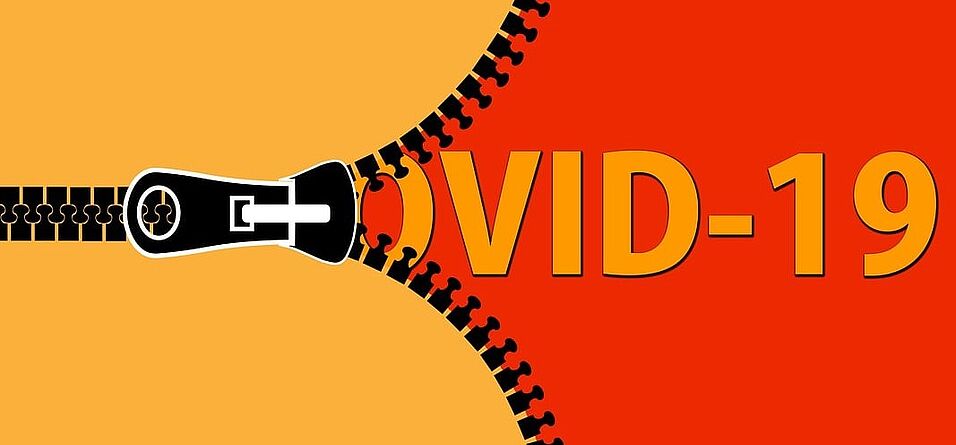These words of a young woman anticipated the full extent of the crisis at the outset of the spread of coronavirus. Policies were introduced that regulated, and often constrained, almost every aspect of personal, professional, and social life. The sheer breadth of how people’s lives were suddenly and in an unprecedented way impacted by government policy meant that the pandemic provided a chance to explore how people experienced their relationship with the state. How did people perceive and respond to policies in the wake of the COVID-19 pandemic? And how did this affect relations between the state and citizens? To answer these questions, we analyzed 152 in-depth interviews with people living in Austria. We interviewed the same people, once in April 2020 right after the start of the pandemic, and then again in October 2020.
In the early stages of the pandemic, most people weighed health considerations against protecting the economy. In this phase, most people thought about their own health and that of others in a very narrow way: In line with the understanding pursued by government policy, health was conceived primarily in its physical dimension, and there was a sense that this might be affected by the virus. However, this consensus gradually dissipated in the months that followed. In October 2020, many of our interviewees lamented the government’s “fear politics”: Several of our interviewees perceived the use of fear as a means to get people to comply with policy measures, and they were not happy about it. Others saw fear as a legitimate strategy to draw attention to the potentially serious consequences. Participants criticized the fact that the responsibility for maintaining health was primarily placed on the individual, and they emphasized that the pandemic affected everyone differently (e.g., people with pre-existing health conditions, people with migration backgrounds, people in tight living conditions, people in insecure employment conditions, women with caregiving responsibilities, and children). The narrow understanding of health as ‘physical’ was slowly supplemented with views that acknowledged the importance of socioeconomic conditions.
This wider acknowledgement for the role of socioeconomic factors in dealing with the pandemic led to increased expectations towards the government. Policymakers were expected to provide not only health protection in the narrow sense, but also social, psychological, and economic support in the broader sense. This formed what we call biosocial pandemic citizenship: Our interviewees expected not only healthcare, but also psychosocial and socioeconomic interventions. The biosocial pandemic citizenship that developed rethinks state responsibility: People expected the state to provide and create conditions that enable people in Austria to lead physically, psychologically and economically healthy lives.
This study is published in a scientific journal:
Radhuber, I.M., Haddad, C.,· Kieslich, K., Paul, K.T., Prainsack, B., El-Sayed, S., Schlogl, L., Spahl, W., Weiss, E. (2023). Citizenship in times of crisis: biosocial state–citizen relations during COVID‑19 in Austria, BioSocieties, https://doi.org/10.1057/s41292-023-00304-z

